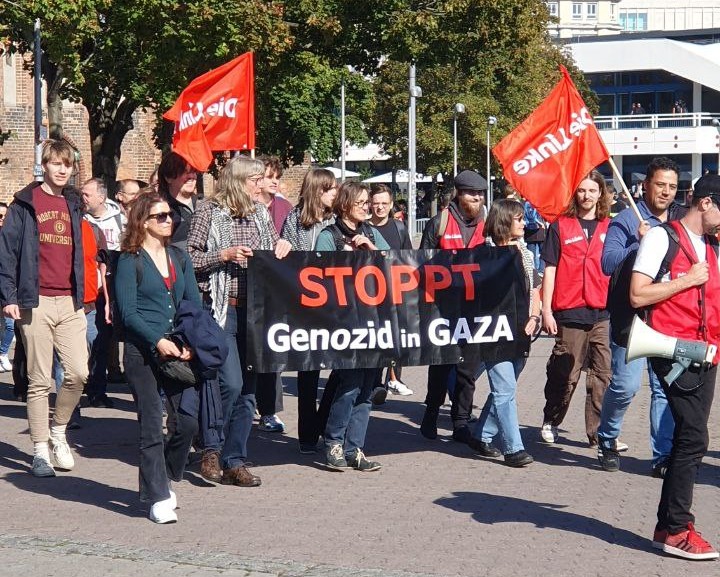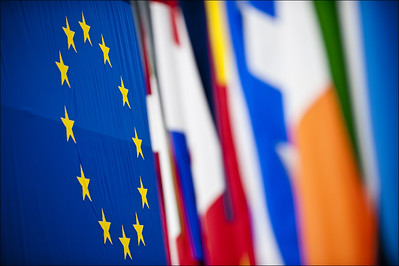Duisburg, a city in Germany’s Ruhr Valley, recently made headlines for an unconventional voter turnout initiative. In collaboration with its Carnival Committee, the city council launched a campaign offering a voucher for a free local beer—or a non-alcoholic drink and sausage—to residents who collected a postal voting form from the council’s central office. “What really gets people emotional? A local beer,” Duisburg city director Martin Murrack told Politico “You really have to do things that are discussed very widely and very controversially.” The initiative sparked widespread discussion, drawing both praise and bemusement, but was ultimately reported as a success in increasing voter engagement and sentiment.
Germany’s 2025 snap federal election was triggered by the dissolution of Chancellor Olaf Scholz’s three-way coalition government in November 2024. It is shaping up to be one of the most consequential in recent history. The election will determine not just Germany’s next Chancellor, but also the direction of key issues such as economic stability, social equality, and the rise of populist movements.
Beyond the political stakes, this election raises critical questions about voter participation. While Germany’s citizen rights and voting laws ensure broad access to the ballot, turnout remains a persistent challenge, particularly in disadvantaged areas. As Duisburg’s beer initiative shows, voter apathy is a growing concern, and mobilization efforts—however unconventional—can play a crucial role in shaping democracy.
The Basic Law (Grundgesetz) defines who is eligible to vote in Germany states:
- German citizens aged 18 and older can vote in federal elections.
- EU citizens residing in Germany can vote in local and European Parliament elections but not in national elections.
- Non-EU citizens are not eligible to vote.
Voters can cast their ballots in two ways:
- In-Person Voting – At assigned polling stations (listed on voter notifications), requiring only a passport or national identity card.
- Postal Voting (Briefwahl) – Available upon request and must be completed before the deadline.
Germany also follows a two-vote system in Bundestag elections as follows:
- First Vote (Erststimme): Elects a direct candidate in the local district.
- Second Vote (Zweitstimme): Determines the proportional representation of political parties in the Bundestag.
While voting laws are structured to be accessible, barriers still exist, particularly for marginalized groups. The German government has committed to making elections more inclusive, including improving accessibility for disabled voters) and combating misinformation that can discourage participation.
Low voter turnout has long plagued economically struggling areas like Duisburg, where socioeconomic challenges often fuel political disengagement. The city’s beer initiative, while debated, underscored a larger issue: how do you reach voters who feel disconnected from the political process?
Duisburg is not alone in its efforts. National campaigns—such as those by the Federal Agency for Civic Education are working to educate voters, counter misinformation, and engage younger demographics through social media and grassroots outreach. These initiatives reflect a broader concern: if turnout continues to decline, whose voices will be left out of Germany’s democracy?
The 2025 election is being watched with growing concern by economists and political analysts. Against the backdrop of Donald Trump’s return to the White House and tech billionaire Elon Musk’s reported support for the far-right AfD, Germany’s political landscape is becoming increasingly polarized. In this climate, every vote carries weight—not just for domestic policy, but for Germany’s role in global politics.
Duisburg’s message is clear: every vote counts. Whether through pilsner or policy, ensuring democratic participation is a challenge Germany cannot afford to ignore.
For comprehensive information on the German voting system, you can read more here. You can read more about voting as a German citizen from abroad here.




